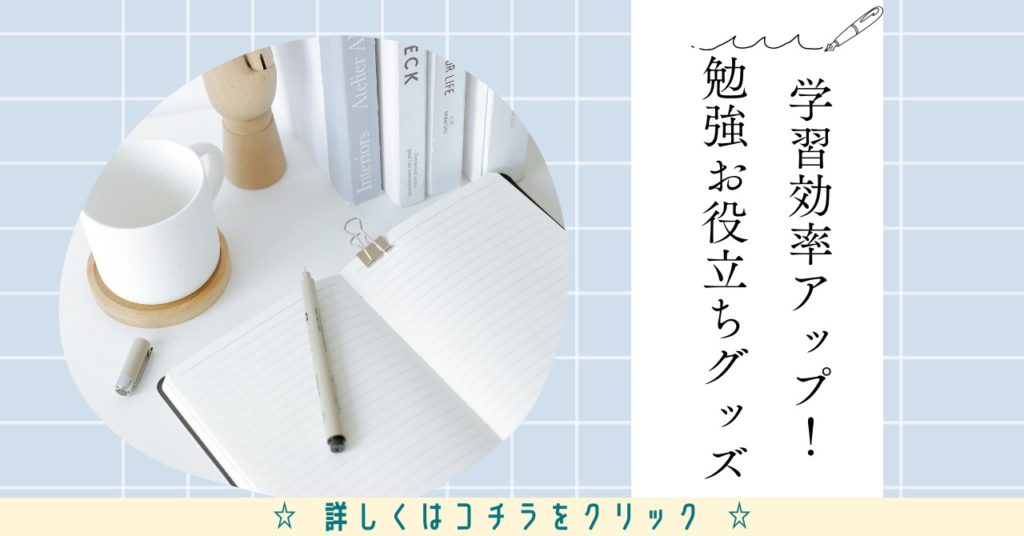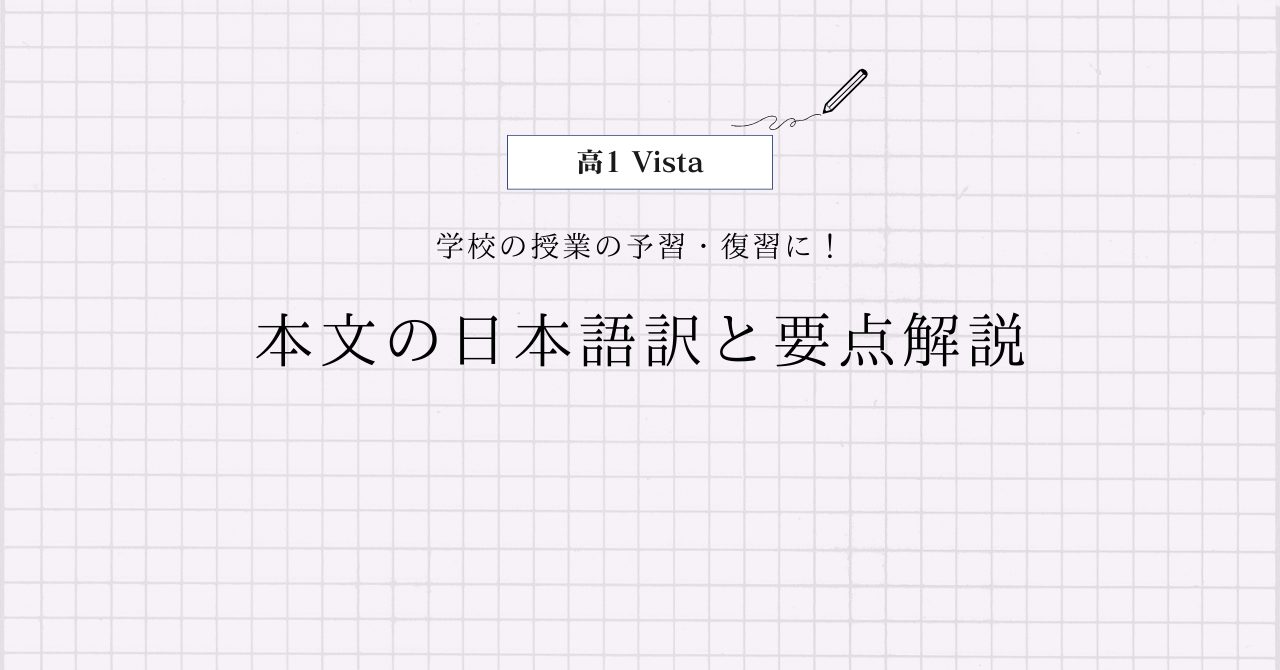三省堂 高1VISTA English CommunicationⅠ Lesson10 Section3の本文の日本語訳と重要箇所の解説です。
Section10-1, 10-2の解説はこちらからご覧ください。
>高1VISTA English CommunicationⅠ Lesson10 Section1 本文和訳
>高1VISTA English CommunicationⅠ Lesson10 Section2 本文和訳
- VISTA English CommunicationⅠ Lesson10 Section3 本文と日本語訳
- VISTA English CommunicationⅠ Lesson10 Section3 重要事項の解説
- Organic cotton uses no chemicals.
- So the environment isn’t damaged.
- And it’s kinder to people!
- But is organic cotton as cheap as ordinary cotton?
- No, it’s more expensive.
- But we should pay to improve people’s lives.
- And if we wear our clothes longer, it will save money in the long run.
- Changing our lifestyle can make a world where everyone is happier.
- VISTA English CommunicationⅠ Lesson10 Section3 まとめ
VISTA English CommunicationⅠ Lesson10 Section3 本文と日本語訳
Ms. Sato: Organic cotton uses no chemicals.
「オーガニックコットン(有機栽培の綿花)は化学薬品を使っていません。」
Moe: So the environment isn’t damaged.
「では、環境はダメージを受けないのですね。」
And it’s kinder to people!
「そして人々にもより優しいですね!」
Mike: But is organic cotton as cheap as ordinary cotton?
「でもオーガニックコットンは普通の綿花と同じくらい安いのですか?」
Ms. Sato: No, it’s more expensive.
「いいえ、オーガニックコットンの方が高いです。」
But we should pay to improve people’s lives.
「でも私たちはお金を払って人々の生活を改善すべきです。」
And if we wear our clothes longer, it will save money in the long run.
「そしてもし私たちが服をもっと長く着れば、長い目で見ればお金の節約になるでしょう。」
Mike: Changing our lifestyle can make a world where everyone is happier.
「ライフスタイルを変えることによって、みんながより幸せになる世界を作ることができますね。」

VISTA English CommunicationⅠ Lesson10 Section3 重要事項の解説
Organic cotton uses no chemicals.
“organic”は「有機栽培の」という形容詞で、“cotton”は「綿、綿花」、“chemical”は「化学薬品」という名詞ですね。
“no 複数名詞”は「1つも~ない」といった否定の意味になります。
So the environment isn’t damaged.
“so”は「だから、では」といった副詞です。
“environment”は「環境」という名詞、“damage”は「~に損害を与える」という動詞で、ここでは「受動態」になっていますね。
直訳すると「環境は損害を与えられない」ですが、回りくどいので「環境はダメージを受けない」としています。
And it’s kinder to people!
“it”は“Organic cotton uses no chemicals.”を指しています。
“kind”は「親切な、優しい」という形容詞で、ここでは「比較級」になっていますね。
But is organic cotton as cheap as ordinary cotton?
“cheap”は「安い」という形容詞で、ここでは「同級比較」になっていますね。
“ordinary”は「普通の」という形容詞です。
No, it’s more expensive.
“it”は“organic cotton”を指しています。
“expensive”は「高価な」という形容詞で、ここも「比較級」になっていますね。
But we should pay to improve people’s lives.
“should”は「~すべきだ、~はずだ」という助動詞です。
“pay”は「を払う」という動詞で、“pay to 動詞の原形”で「~するのにお金を払う」という表現になります。
“improve”は「を改善する、を向上させる」という動詞ですね。
“lives“は“life(生活,人生)“の複数形で,語尾が”f,fe”で終わる名詞を複数形にするときは”f,fe”を取って”ves”をつけます。
knife→knives(ナイフ), leaf→leaves(葉)などがあります。
また、名詞に‘sを付けると「~の」という所有を表します。
直前の名詞が複数形のときは” teachers‘ “のようにアポストロフィーだけを最後に付けます。
And if we wear our clothes longer, it will save money in the long run.
この文では「接続詞if」が使われていますね。
“wear”は「を着る」という動詞で、“clothes”は「服」という名詞、“long”は「長く」という副詞で、ここでは「比較級」になっています。
“it”は「服をより長く着ること」を指しています。
“save”は「を節約する、を救う」といった動詞で、“in the long run”は「長い目で見て、結局は」といった表現になります。
Changing our lifestyle can make a world where everyone is happier.
“change”は「変化する、を変える」という動詞で、ここでは「動名詞」になっていますね。
“lifestyle”は「生活様式、ライフスタイル」という名詞です。
“where”は「関係副詞」で、“where everyone is happier”が先行詞“a world”を修飾しています。
“everyone”は「みんな」といった名詞で、“happier”は「比較級」になっていますね。
VISTA English CommunicationⅠ Lesson10 Section3 まとめ
以上がVISTA English CommunicationⅠ Lesson10 Section3の日本語訳となります。
「比較」「受動態」「関係副詞」などの使い方をしっかり確認しておきましょう!
>高1VISTA English CommunicationⅠ Lesson10 Section1 本文和訳
>高1VISTA English CommunicationⅠ Lesson10 Section2 本文和訳
何か分からない点や他に解説してほしい点があれば,お気軽にコメントしてください!



コメント